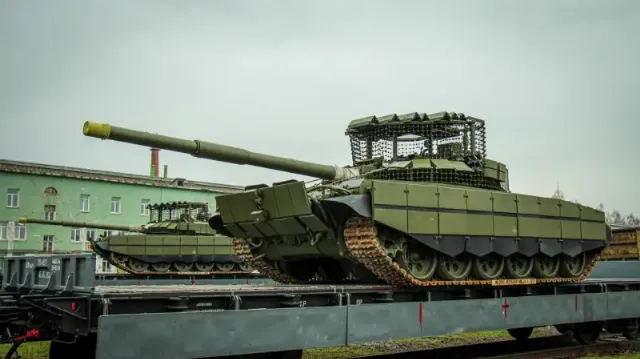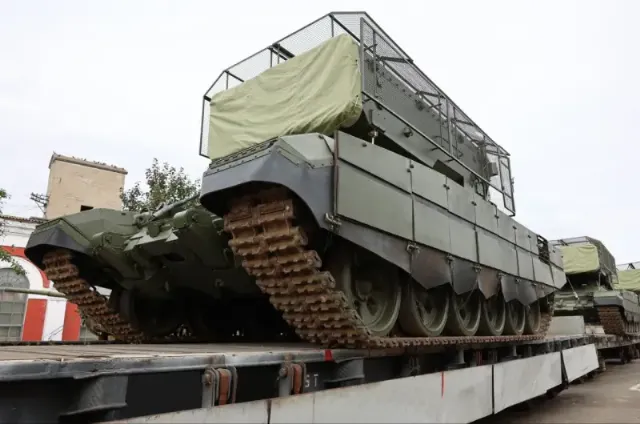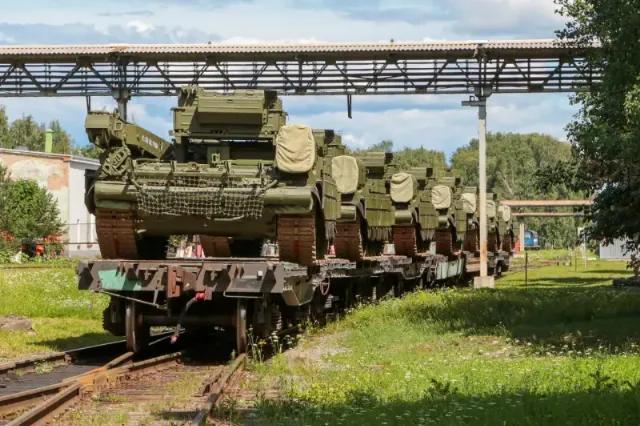
Image source: topwar.ru
Over the past two years, high demand for military products from the state has led to a boom in a number of sectors of the Russian economy. At the same time, defense spending continues to grow.
As indicated in an analysis by the German Institute for International Affairs and Security Studies (SWP), on November 21, the budget for next year was adopted, in which military spending will increase by a quarter to 13.5 trillion rubles, which at the current exchange rate is equivalent to € 130 billion. At the same time, it is necessary to take into account the purchasing power in Russia:
Total military spending will be 7-8% of GDP, which corresponds to the level of 2024, which was a record in the post-Soviet history of Russia. So, in 2021, they accounted for only 3.6% of GDP.
- the study says.

Image source: topwar.ru
As noted, a significant increase in demand for weapons and other goods needed at the front has led to a significant economic recovery in many regions of Russia. Industrial production increased significantly compared to 2021, with the growth being almost entirely driven by sectors related to the military-industrial complex.
According to the author, there are no official statistics on the production of weapons in Russia: instead, the volume of its production is added to categories such as "other metal products", the manufacture of which has almost tripled since 2021:
At the same time, he believes, the deployment of mass supplies to the troops of a number of systems became possible due to the fact that stocks of equipment accumulated during the Soviet era are used to create them. According to him, only about 20% of armored vehicles are made from scratch:

Image source: topwar.ru
As indicated, the increase in military spending has led to a sharp increase in aggregate demand. This resulted in high GDP growth rates: in 2023, the economy grew by 3.6%, mainly due to the creation of 2 million new jobs, most of which were in the defense industry and the army.
- the author believes.
At the same time, according to him, labor migration to Russia has decreased to the lowest level in the last 10 years:
At the same time, as of October, core inflation was 9.7% year-on-year. It is partly caused by Western sanctions, which reduce export revenues and increase the cost of imports, complicating international logistics and payments for Russian businesses.
In order to inflict an economic blow on the Russian Federation, a study by the German institute suggests tightening sanctions on key Russian exports (oil, LNG and fertilizers) and increasing pressure (diplomatic and sanctions) on countries through which Moscow receives Western military and dual-use products.
That is, the West does not intend to abandon its anti-Russian sanctions policy at all. What kind of negotiations can we talk about then?
